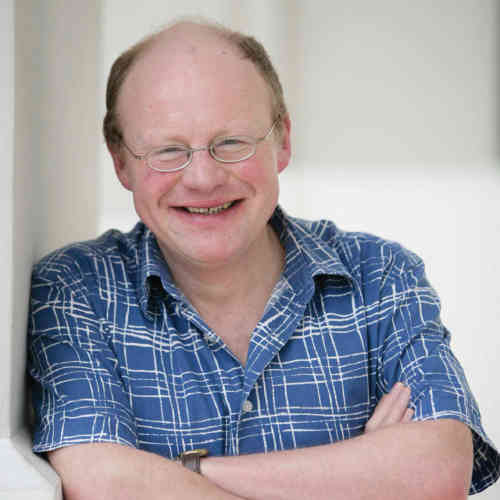I was in the British Library the other day, waiting for a train. (It’s almost next door to King’s Cross/St Pancras and is always worth the detour.)
In one corner of their exhibition is a blotched, hand-written musical score. When you examine it you discover it’s the folio in which Handel hand-wrote the Hallelujah Chorus. It is open at the last page, the final, endless A-lle-lu-ia, and you can see Handel's spidery lines, his scribblings-out, his squashed semibreves, his desperate haste. This is not the forensically typeset version of the printed score. It is Handel's own untidy and spontaneous penmanship.
Handel apparently composed ‘Messiah’ (of which the Hallelujah Chorus is the most famous part) in just 24 days, combining prophetic scripture with musical genius. The speed it was done, the majesty of what was created, has led people to call it one of the greatest feats in the history of composition.
As Handel was finishing the Hallelujah Chorus, the story goes that his assistant called to him from the next room. There was no response. His assistant went to see what was wrong and found Handel in tears, sitting in front of that handwritten folio. Handel is supposed to have said, by way of explanation, ‘I did think I saw heaven open, and saw the very face of God.’
Handel was depressed and in debt. Life was not going well. And yet: a gifted person, in the place God meant him to be, doing the thing God gifted him to do, met God, created something beautiful, and 275 years later, the world is still reverberating.





